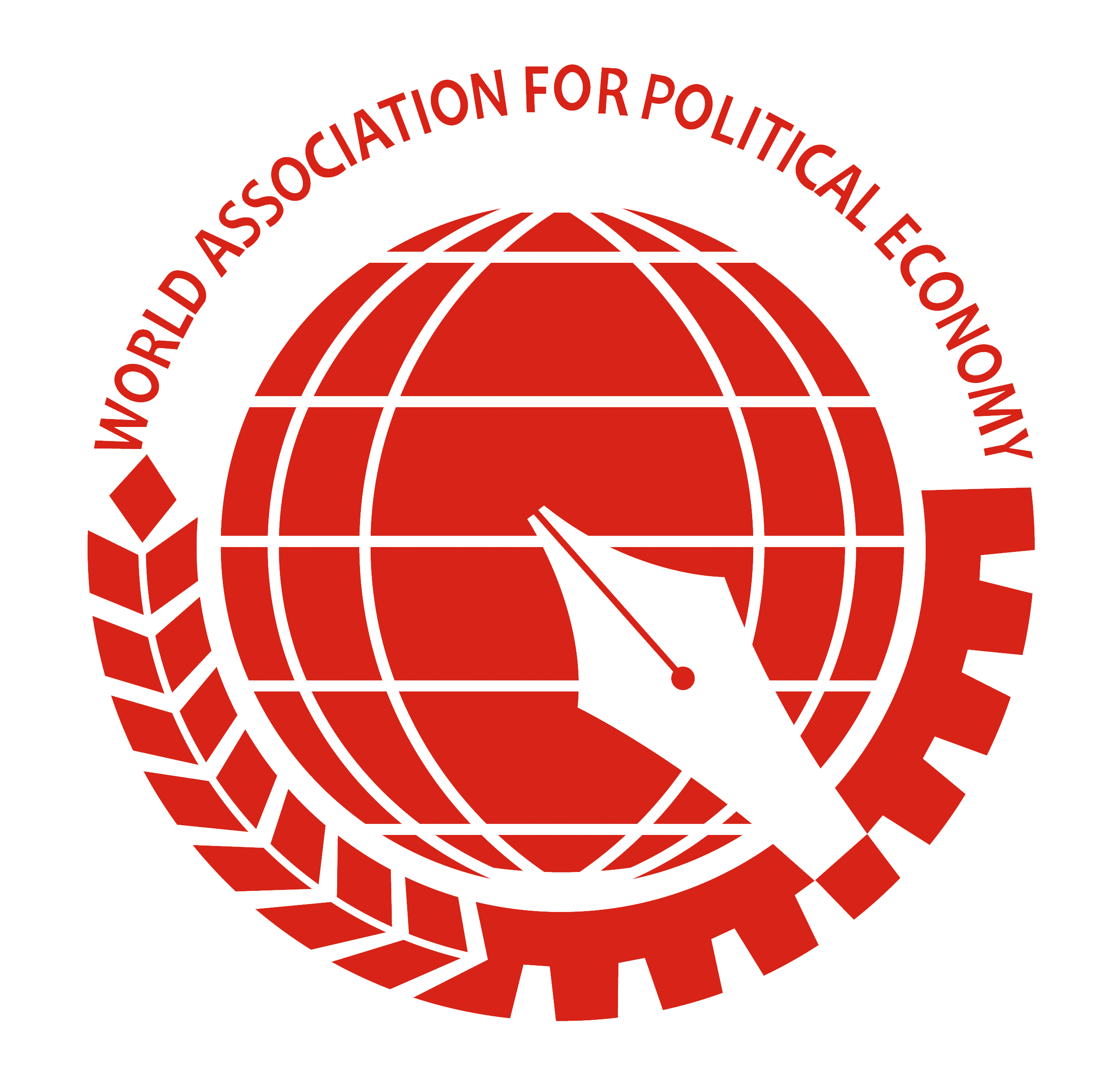Since the Industrial Revolution, the question of income distribution and its resulting economic
inequality has evolved through distinct stages, becoming a prominent object of both scholarly
inquiry and social policy. The relative weight accorded to inequality has fluctuated throughout
history, reflecting the socio-political context and the prevailing economic perception of each era.
Attitudes towards economic inequality have oscillated between positioning it as a fundamental
social concern, attributing it to individual choices, justifying redistributive policies through its
existence, and, more recently, neglecting it in favor of economic growth. This workgroup of the
WAPE Forum aims to examine the historical evolution of income distribution analysis and to
reassert economic inequality and related social policies as a central concern of economic policy
and political discourse.
The unequal distribution of income between social classes (i.e., working class and capitalists) was
the central issue of Political Economy. Besides, fluctuations in the functional income distribution
the World Wars, the dominance of Keynesian Economics with the expansion of social protection
and the implementation of redistributive policies contributed to a significant reduction in economic
inequality in developed countries. The latter, accompanied by a relatively stable distribution of
national income between labor and capital, has led many researchers to downplay inequality as a
social concern and focus more on individual factors to understand it. The strengthening of
Neoliberalism in the last quarter of the 20th century completely displaced concerns about economic
inequality, while distribution and redistribution policies were often seen as obstacles to economic
growth.
Neoliberal policies have been associated with increasing inequality, a phenomenon that has gained
wider acceptance among researchers only in the last two decades. However, by focusing on
specific factors (e.g., the income of the top 1%), most research within Mainstream Economics fails
to capture the complex interaction between inequality, the macroeconomic environment, and the
functional income distribution. Consequently, this narrow focus also obscures the overall impact
of inequality on economic activity, effectively sidelining the critical issue of income distribution
from core social policy considerations. Given the recent economic crises and their lingering effects
on inequality, a comprehensive understanding of the phenomenon is crucial for developing
effective social policies to alleviate poverty and deprivation and to preserve social cohesion in the
long term.
Topics of Interest:
We invite submissions addressing various aspects of economic inequality, including but not
limited to:
1. Historical overview of the evolution of economic inequality
2. Political Economy of income distribution
3. Economic inequality and the macroeconomy
4. Welfare states and inequalities
5. Social protection policies and economic growth
6. Functional and personal income distribution
7. Poverty and social deprivation
Submission Guidelines: The WAPE 17 Forum paper submission’s deadline has now closed.
